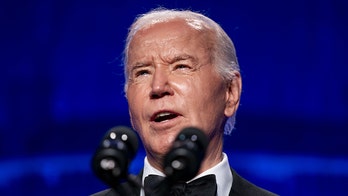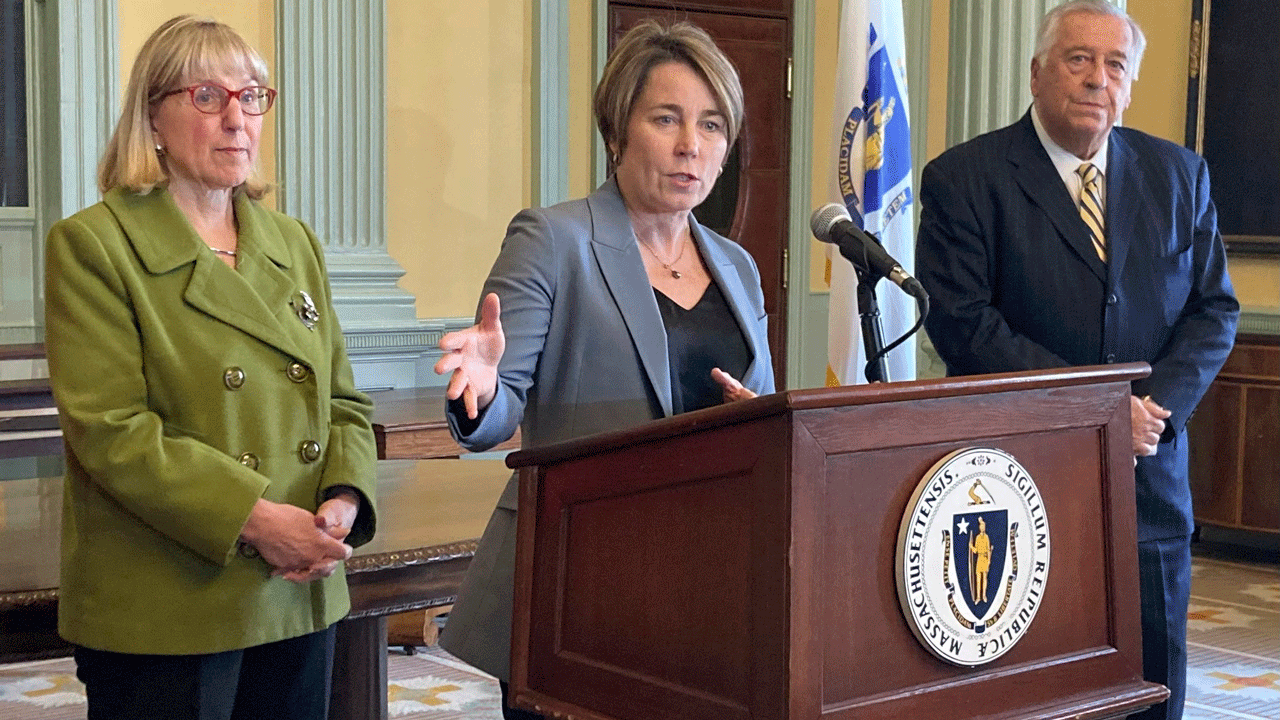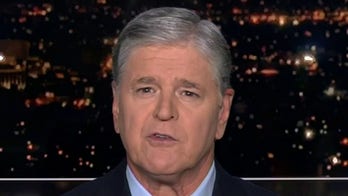Karine Jean-Pierre, White House press secretary, has declined to disclose details about President Biden's neurological health, invoking security concerns while facing scrutiny over multiple visits to the White House by a neurologist specializing in Parkinson's disease.
Karine Jean-Pierre, White House press secretary, has come under fire for refusing to divulge information about President Biden's neurological health during a recent press conference. Reporters questioned her regarding multiple visits by a neurologist to the White House, but she maintained her stance, citing security and privacy concerns.

White House Press Secretary Defends Biden's Neurological Health amid Doctor Visit Questions
The neurologist in question is Dr. Kevin Cannard from Walter Reed Military Medical Center, who specializes in Parkinson's disease. His name was revealed in public visitor logs, but Jean-Pierre declined to confirm his identity when pressed by reporters.
Jean-Pierre's evasive response sparked concern among reporters, who expressed frustration over the lack of transparency. CBS' Ed O'Keefe criticized the White House for withholding information, stating that the press corps was "miffed" about the limited disclosures.

White House Press Secretary Defends Biden's Neurological Health amid Doctor Visit Questions
Despite the ongoing scrutiny, Jean-Pierre has maintained that the White House is committed to protecting the president's health information. She emphasized that Biden is in good health and undergoing regular medical check-ups.
The issue of Biden's neurological health gained attention following his debate with former President Trump, during which some observers expressed concerns about his mental acuity. However, Jean-Pierre has dismissed such concerns, stating that the debate was an isolated incident and that Biden remains sharp and engaged.
The White House's decision to keep details of Biden's neurological health private has drawn comparisons to the Trump administration's handling of similar issues. During Trump's presidency, the White House also faced criticism for its opaque approach to the president's health.
Some observers have argued that the public has a right to know about the health of their elected officials, especially when it comes to issues that could potentially affect their ability to lead the country. Others have emphasized the importance of respecting the president's privacy and maintaining confidence in his physical and mental abilities.
Jean-Pierre's handling of this sensitive issue has tested her credibility as press secretary. Her refusal to provide more information has raised questions about the Biden administration's transparency and its willingness to share crucial information with the public.
The White House's position is likely to remain unchanged as it seeks to balance the need for transparency with the president's right to privacy. However, the scrutiny surrounding Biden's neurological health is likely to continue, potentially putting further pressure on Jean-Pierre and the administration to be more forthcoming.
In the end, the decision of how much information to disclose about the president's health is ultimately a matter of judgment and balance. The White House must weigh the public's right to know against the importance of protecting the president's privacy and maintaining confidence in his ability to lead the country.










